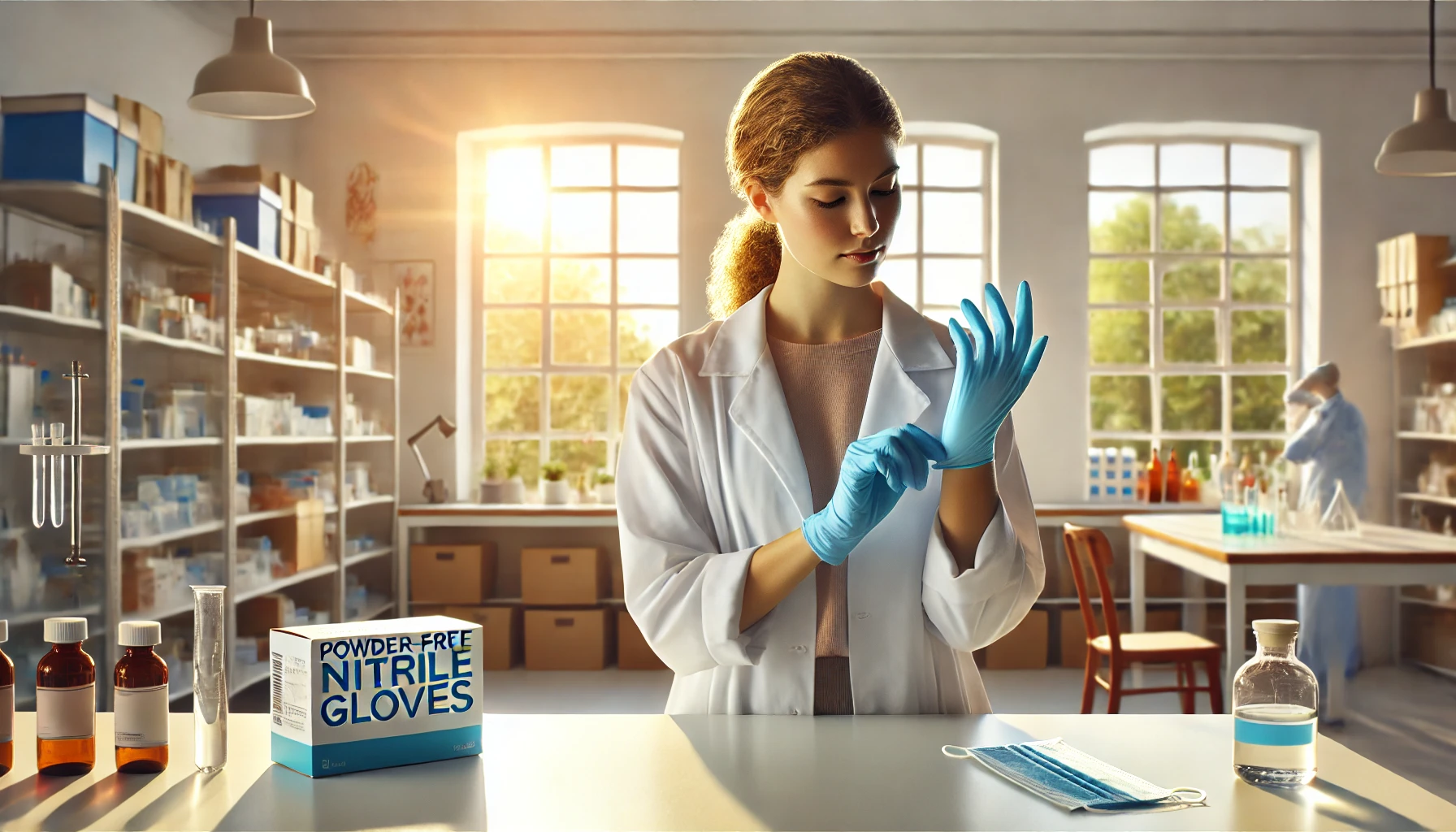Our Updates
Recent Posts
06/25/2025
Vinyl gloves are often seen as an affordable and convenient solution for food service environments. Marketed as latex-free and powder-free, they’re widely used in restaurants, food packaging, and cafeterias. But how safe are they really when it comes to handling food? In this article, we’ll peel...
06/24/2025
What Does “Chlorine-Free” Really Mean? When gloves are labeled as “chlorine-free,” it means they have not undergone the common chlorination process used to treat latex or nitrile gloves. Chlorination is a chemical treatment involving chlorine gas or a diluted bleach solution, intended to...
06/23/2025
What Does “Powder-Free” Mean? Powder-free gloves are disposable gloves manufactured without the use of cornstarch or other lubricating powders inside the glove. Traditionally, powdered gloves were preferred for their easy donning and reduced hand friction. The powder—often a modified...
06/18/2025
What Is Latex Latex is the stable emulsion of natural rubber polymers in water. Obtained from the sap of the Hevea brasiliensis tree, natural rubber latex (NRL) is prized for its elasticity, comfort, and tactile precision—features critical in many medical and laboratory settings. However, NRL...
06/15/2025
Introduction When it comes to disposable gloves, the options can feel overwhelming. Nitrile, latex, and vinyl all look similar—but they’re not. Each material behaves differently, feels different, and serves a different purpose. Whether you’re buying for a lab, cleanroom, kitchen, or...
- 1
- 2





